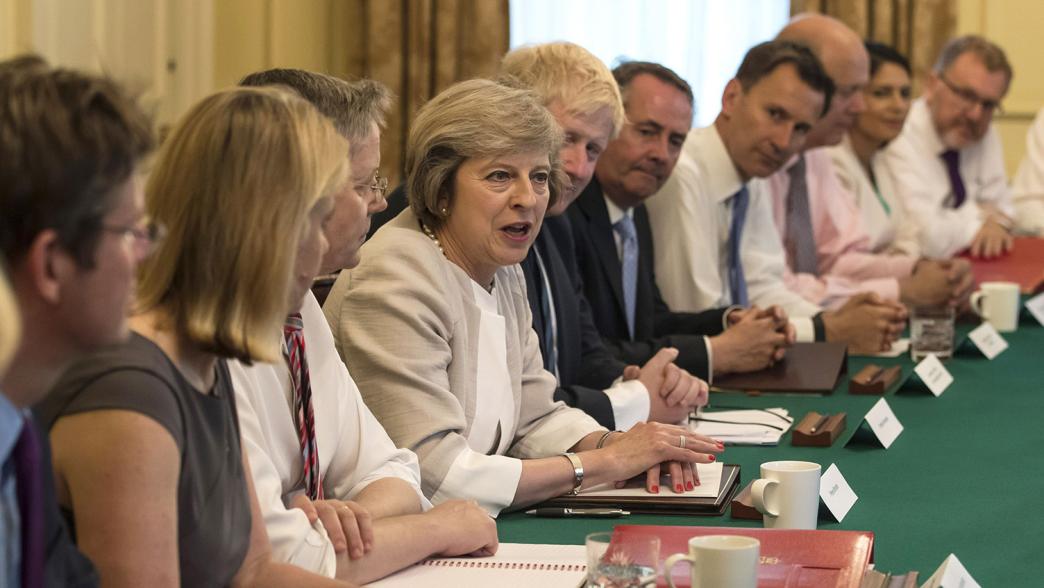Insight paper
Managing as a minister: How personal style and gender norms affect leadership in government
This guest paper by the University of Southampton reveals patterns in ministerial leadership styles.

This guest paper by the University of Southampton reveals patterns in ministerial leadership styles.

The IfG has spoken to former whips about what the job actually involves.
How many MPs are standing down at the next election, and why?
The general election campaign will dominate the coming months – but time and energy must be spent on preparing for what comes after.
The next government should start the difficult process of showing the British public that the institutions on which we all rely can be trusted.